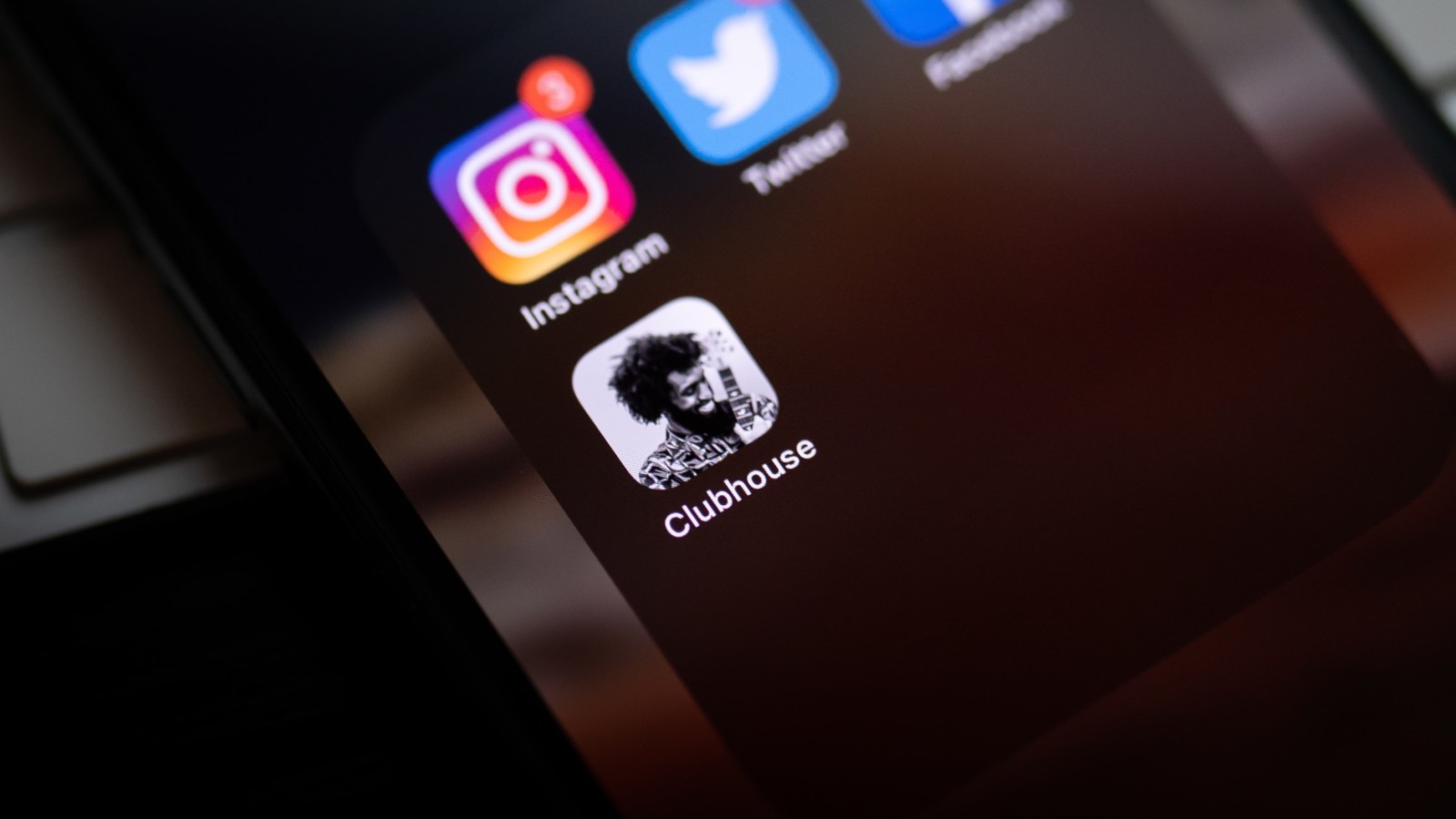Three billion people, or about 40% of the population, use social networks on the Internet. We spend an average of two hours on them every day: you publish notes, exchange photos, grow your business with a social media bot, and react to posts of friends.
Every minute, social media users send nearly half a million tweets and photos to Snapchat. Social media plays such an essential role in our lives, so we have to understand how it affects us. Since social media is a relatively new phenomenon, definitive conclusions, of course, are still lacking.
STRESS
Social media is a place where we often express our outrage at anything from low-quality services to political issues.
In 2015, researchers at the Pew Research Center in Washington tried to find out if social media actually relieves us of negative emotions or, conversely, causes more stress.
A survey of 1,800 people found that women are much more prone to social media stress than men. They named Twitter as the biggest source of negativity.
Twitter, however, was also an effective way to reduce the effects of stress: the more women used it, the less stressed they felt.
Interestingly, this effect was not observed in men. According to the researchers, they don’t take social media as personally as women do. Overall, the researchers concluded that social media use is associated with “relatively low-stress levels.”
MOOD
In 2014, Austrian researchers found that 20 minutes spent on Facebook left users in a worse mood than after browsing other pages on the Internet. That was because using social networks seemed to them a waste of time, scientists say.
According to researchers from the University of California, good or bad moods can quickly spread between users of social networks.
From 2009 to 2012, scientists analyzed the emotional component of more than a billion statuses of about 100 million Facebook users.
The analysis showed, for example, that bad weather increased the number of negative messages by 1%. One negative post, written by someone during the rain, influenced 1.3 messages from friends in other cities where the weather was sunny at the time.
It’s good that the hilarious messages had a strong impact. Each sweet post inspired 1.75 posts, written on a positive note, the researchers found. Although whether such statuses raised the real mood of users remains unknown.
Anxiety
The researchers also tried to find out how social media affects overall anxiety, sleep, and concentration.
A study published in the journal Computers and Human Behavior found that people who use a family and more networks have three times the overall level of anxiety than users of 0-2 platforms.
However, scientists do not know exactly how and why social media is causing concern. A 2016 study from Babes Bolyai University in Romania looking at the link between social anxiety and social media use showed mixed results.
SLEEP
For most of their history, people have spent their evenings in the dark, and it is only in recent centuries that artificial lighting has appeared in our bedrooms.
Research shows that it suppresses the production of the hormone melatonin, which promotes sleep. The worst effect on it is blue light from the screens of smartphones and laptops.
So, the habit of checking your Facebook or Twitter feed before bed is bad for your sleep quality.
SELF-ASSESSMENT
Women’s magazines with too-skinny models influence self-esteem for young women. Now social media has begun to worry some activist groups.
It is too early to conclude many issues. Social networks have a very different effect on people.
As with food, gambling, and other temptations of our time, overuse of social media may be undesirable for some people. But, on the other hand, it would be a mistake to say that they are evil because networks provide many advantages.


